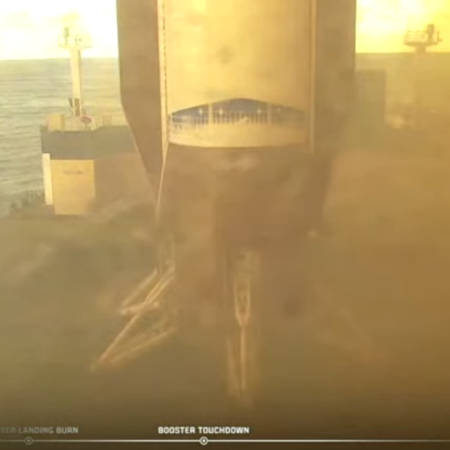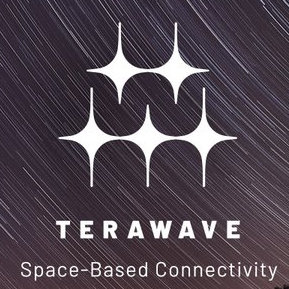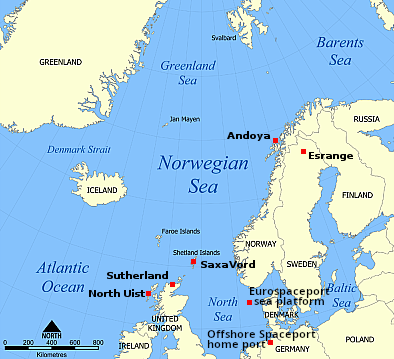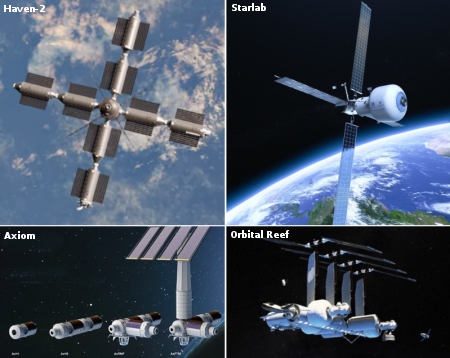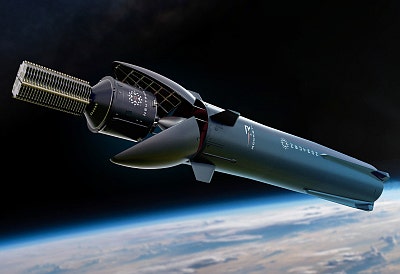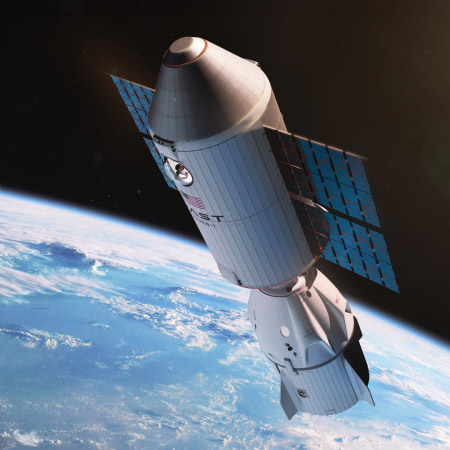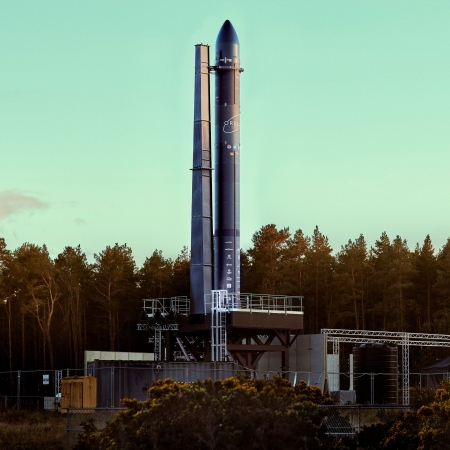ESA awards startup Rocket Factory Augsburg a two-launch contract

Screen capture from video of the RFA-1
test failure in August 2024. Note the flame
shooting out sideways.
The European Space Agency (ESA) yesterday awarded the German rocket startup Rocket Factory Augsburg a two-launch contract under its “Flight Ticket Initiative”, designed to encourage the development of a commercial independent European launch market.
With these signatures between ESA and Rocket Factory Augsburg (RFA), two more missions will be launched with the RFA One rocket from Saxavord Spaceport in the UK as part of the Flight Ticket Initiative. ESA and the European Commission have thus once again placed their trust in RFA as a future launch service provider.
…The Lurbat mission will fly a collection of demonstrator technologies and is developed by Added Value Solutions based in Spain. … A second mission will see the launch of two CubeSats developed under ESA contract by the Spanish company Indra Space. The CubeSats will hold five experiments selected by the European Commission through the Horizon Europe IOD/IOV call for Expression of Interest
Rocket Factory also has a launch contract with the German government. However it needs to first complete the first launch of its RFA-1 rocket. That launch was originally supposed to occur in 2024 but was canceled when the rocket’s first stage was destroyed during a static fire test on its Saxavord launchpad that year.
Since then the company has released little information about the rocket’s status. According to this news report today, it hopes to finally do that test launch this year. It better do it soon, as there is a slew of other European rocket companies that intend to do the same.
And then of course there is the question of the Saxavord spaceport and the red tape that has crippled all the spaceports in Great Britain. Both Saxavord and Rocket Factory have previously gotten their launch licenses from the UK’s Civil Aviation Authority (CAA), but it is unclear if those licenses remain valid, especially after the static fire explosion. Based on its past behavior, the CAA could have pulled the licenses, and is now reviewing the whole thing.
If so, it might take years for both to get an approval again. In fact, this might very well be the reason Rocket Factory didn’t launch in 2025.

Screen capture from video of the RFA-1
test failure in August 2024. Note the flame
shooting out sideways.
The European Space Agency (ESA) yesterday awarded the German rocket startup Rocket Factory Augsburg a two-launch contract under its “Flight Ticket Initiative”, designed to encourage the development of a commercial independent European launch market.
With these signatures between ESA and Rocket Factory Augsburg (RFA), two more missions will be launched with the RFA One rocket from Saxavord Spaceport in the UK as part of the Flight Ticket Initiative. ESA and the European Commission have thus once again placed their trust in RFA as a future launch service provider.
…The Lurbat mission will fly a collection of demonstrator technologies and is developed by Added Value Solutions based in Spain. … A second mission will see the launch of two CubeSats developed under ESA contract by the Spanish company Indra Space. The CubeSats will hold five experiments selected by the European Commission through the Horizon Europe IOD/IOV call for Expression of Interest
Rocket Factory also has a launch contract with the German government. However it needs to first complete the first launch of its RFA-1 rocket. That launch was originally supposed to occur in 2024 but was canceled when the rocket’s first stage was destroyed during a static fire test on its Saxavord launchpad that year.
Since then the company has released little information about the rocket’s status. According to this news report today, it hopes to finally do that test launch this year. It better do it soon, as there is a slew of other European rocket companies that intend to do the same.
And then of course there is the question of the Saxavord spaceport and the red tape that has crippled all the spaceports in Great Britain. Both Saxavord and Rocket Factory have previously gotten their launch licenses from the UK’s Civil Aviation Authority (CAA), but it is unclear if those licenses remain valid, especially after the static fire explosion. Based on its past behavior, the CAA could have pulled the licenses, and is now reviewing the whole thing.
If so, it might take years for both to get an approval again. In fact, this might very well be the reason Rocket Factory didn’t launch in 2025.



